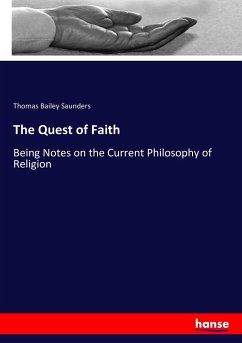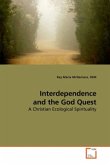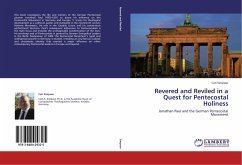High Quality Content by WIKIPEDIA articles! The quest for the historical Jesus is the attempt to use historical rather than religious methods to construct a verifiable biography of Jesus. As originally defined by Albert Schweitzer, the quest began in the 18th century with Hermann Samuel Reimarus, up to William Wrede in the 19th century. The quest is commonly divided into stages, and it continues today among scholars such as the fellows of the Jesus Seminar. Reimarus composed a treatise rejecting miracles and accusing Bible authors of fraud, but he didn't publish his findings. Gotthold Lessing published Reimarus's conclusions in the Wolfenbuettel fragments. D.F. Strauss's biography of Jesus set Gospel criticism on its modern course. Strauss explained gospel miracles as natural events misunderstood and misrepresented. Ernest Renan was the first of many to portray Jesus simply as a human person. Albrecht Ritschl had reservations about this project, but it became central to liberal Protestantism in Germany and to the Social Gospel movement in America.








